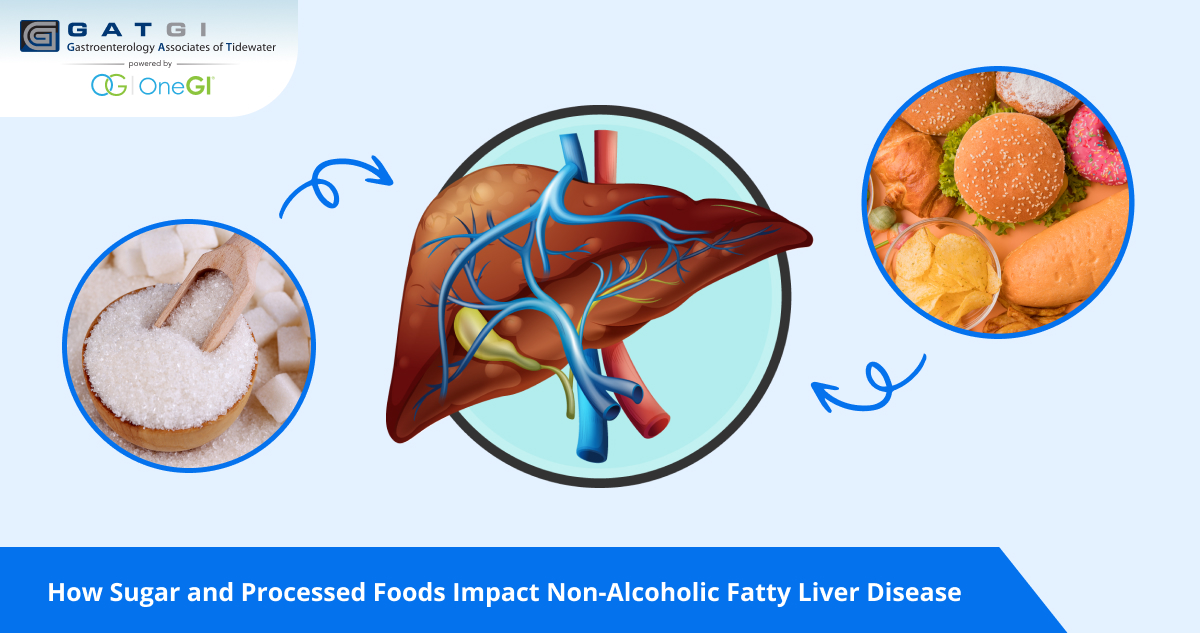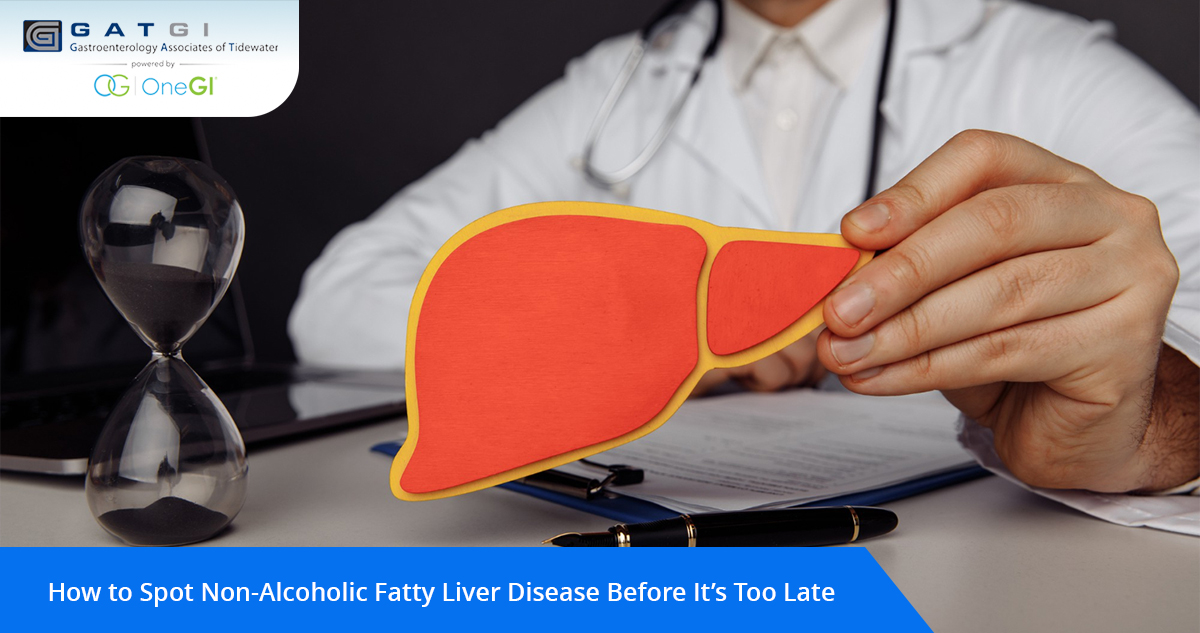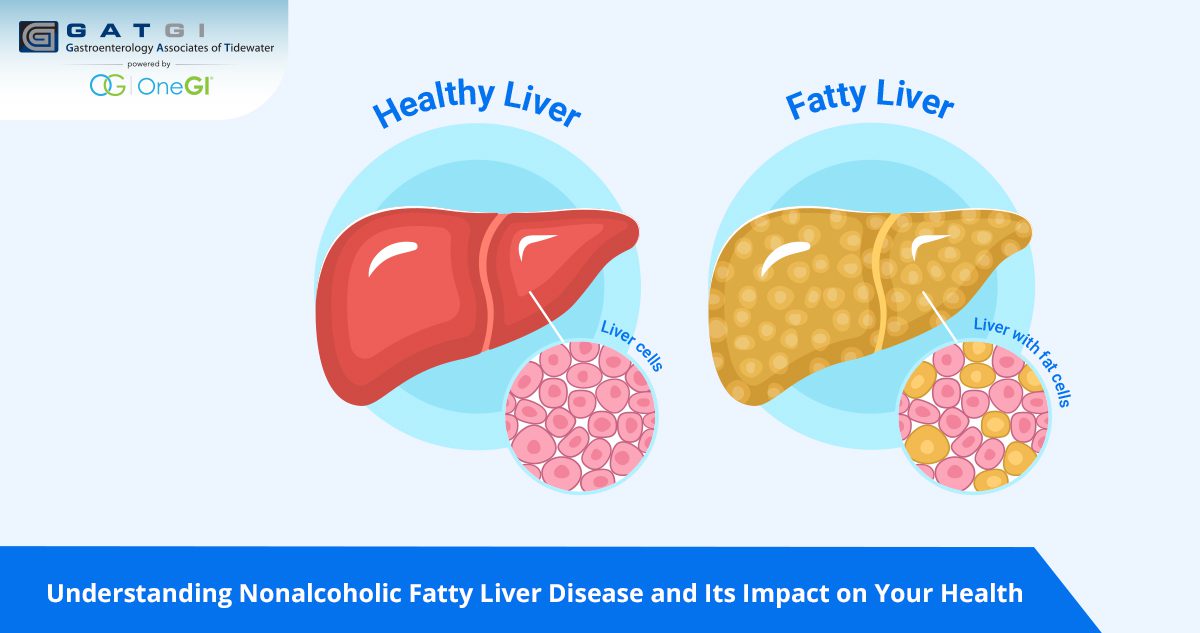Viral hepatitis affects millions of people worldwide. This liver inflammation causes serious health problems. Yet many people remain unprotected.
Vaccines save lives. They prevent hepatitis A and B infections. Understanding these vaccines helps you make informed health decisions.
This guide covers essential hepatitis vaccines for 2025. You’ll learn who needs them, how they work, and why they matter.
Table of Contents
Understanding Hepatitis Types
Four main hepatitis viruses affect humans: A, B, C, and D.
- Hepatitis A spreads through contaminated food and water. It causes acute illness lasting weeks. Most people recover completely.
- Hepatitis B transmits through blood and body fluids. It leads to chronic infection in some people. This causes liver damage, cancer, and death.
- Hepatitis C spreads through blood contact. About 70-85% of infections become chronic. No vaccine exists for hepatitis C.
- Hepatitis D spreads through blood and body fluids and can worsen hepatitis B infection, leading to more severe liver damage. While there is no vaccine for hepatitis D, vaccination against hepatitis B can prevent it.
- Hepatitis E spreads through contaminated food and water, similar to hepatitis A. It usually causes acute illness and is self-limiting, but it can be severe in pregnant women. There is currently no vaccine available for hepatitis E. To lower your risk for HEV infection, it is important to practice good hygiene, drink clean and safe water, and avoid consuming raw or undercooked meat, especially in regions where hepatitis E is widespread.
Common symptoms for hepatitis include jaundice, fatigue, and abdominal pain. Depending on the type of hepatitis, many people have no symptoms for years.
Take Action Today
Hepatitis A and B Vaccines: Protect Yourself Against Serious Infections
For a comprehensive hepatitis vaccine list 2025, consult the latest recommendations to ensure you are up to date with the most effective options available.
Hepatitis A and B vaccines are essential tools in preventing liver infections caused by these viruses.
Hepatitis A Vaccine
Hepatitis A spreads through contaminated food, water, or close contact with an infected person. While infections often resolve on their own, severe cases can occur, especially in older adults or those with weakened immune systems.
Who Needs It?
- Children (12-23 months)
- Unvaccinated individuals (2-18 years)
- Travelers, healthcare workers, and high-risk groups
Doses and Effectiveness
- Two doses provide long-term protection (20+ years).
- Over 95% effective with mild side effects (soreness, low fever).
Hepatitis B Vaccine
Hepatitis B spreads through contact with infected blood, bodily fluids, or during childbirth. It can cause chronic liver disease and cancer if left untreated.
Who Needs It?
- Infants (first dose at birth)
- Children under 19 and adults up to 59 or those 60+ with risk factors
- Healthcare workers, those who inject drugs, and people with multiple partners
Doses and Effectiveness
- Most require 2-3 doses depending on the vaccine.
- Protects 95% of people, with immunity lasting at least 30 years.
Hepatitis C Vaccine: Ongoing Research
There’s no vaccine for hepatitis C yet due to the virus’s ability to mutate and its multiple genotypes, making it hard to create lasting immunity. Although there will be no new hepatitis vaccines approved in 2025, significant progress in research and development continues to address the challenges in preventing or curing hepatitis C.
Hepatitis D and E Vaccines: Why They Don’t Exist
- Hepatitis D: Only infects people already with hepatitis B, so preventing hepatitis B with a vaccine indirectly prevents hepatitis D.
- Hepatitis E: Common in developing countries and usually mild. Vaccines exist in some regions but are not widely available globally due to limited demand.
In summary, hepatitis A and B vaccines are highly effective at preventing serious infections, while research into hepatitis C and other strains aims to fill the gaps in protection. Staying informed and vaccinated is key to protecting your health.
Hepatitis vaccines save lives. They prevent serious liver disease and cancer.
Talk to your healthcare provider about vaccination. Most people benefit from hepatitis A and B vaccines. Don’t wait for symptoms. Many people have no signs of infection for years.
Contact a gastrointestinal liver specialist in Tidewater for expert care. Gastroenterology Associates of Tidewater provides comprehensive gastrointestinal disease treatment.
Need local expertise? Search for “gastroenterology physicians near me” to find our trusted office in Chesapeake, VA. For help with hepatitis and liver health, consult a specialist in “gastroenterology Chesapeake VA” for personalized care.
Protect yourself and your loved ones. Schedule your hepatitis vaccines today.







